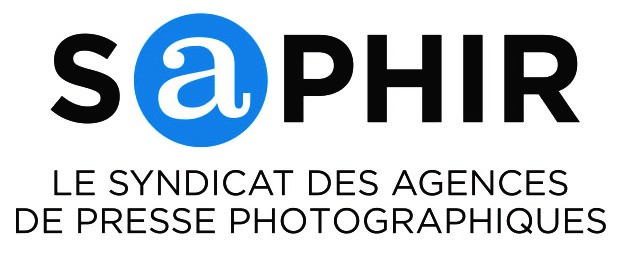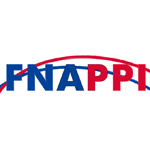In its latest episode, the Google Books project has been deemed as “fair use” by New York Appeal Court. The decision comes following 10 years of judicial history. It comes as a blow to authors and a victory for Google, online intermediaries and universities at the service of open data.
The Authors Guild is not giving up and indicated its intention to go up to the US Supreme Court.
TEXT OF PRESS RELEASE ON AUTHORS’ GUILD WEBSITE
The website provides a direct link to the Court Decision.
“Today, the Second Circuit Court of Appeals released its decision in Authors Guild v. Google. “The Authors Guild is disappointed that the Court has failed to reverse the District Court’s faulty interpretation of the fair use doctrine,” said Mary Rasenberger, Executive Director of the Authors Guild in New York. “America owes its thriving literary culture to copyright protection. It’s unfortunate that a Court as well-respected as the Second Circuit does not see the damaging effect that uses such as Google’s can have on authors’ potential income. Most full-time authors live on the perilous edge of being able to sustain themselves through writing as a profession, as our recent income survey showed, so even relatively small losses in income can make it unsustainable to continue writing for a living. We are disheartened that the court was unable to comprehend the grave impact that this decision, if left standing, could have on copyright incentives and, ultimately, our literary heritage. We trust that the Supreme Court will see fit to correct the Second Circuit’s reductive understanding of fair use, and to recognize Google’s seizure of property as a serious threat to writers and their livelihoods, one which will affect the depth, resilience and vitality of our intellectual culture.”
DECISION
The bottom line of the Court’s decision is the following:
In sum, we conclude that: (1) Google’s unauthorized digitizing of copyright-protected works, creation of a search functionality, and display of snippets from those works are non-infringing fair uses. The purpose of the copying is highly transformative, the public display of text is limited, and the revelations do not provide a significant market substitute for the protected aspects of the originals. Google’s commercial nature and profit motivation do not justify denial of fair use. (2) Google’s provision of digitized copies to the libraries that supplied the books, on the understanding that the libraries will use the copies in a manner consistent with the copyright law, also does not constitute infringement.
















